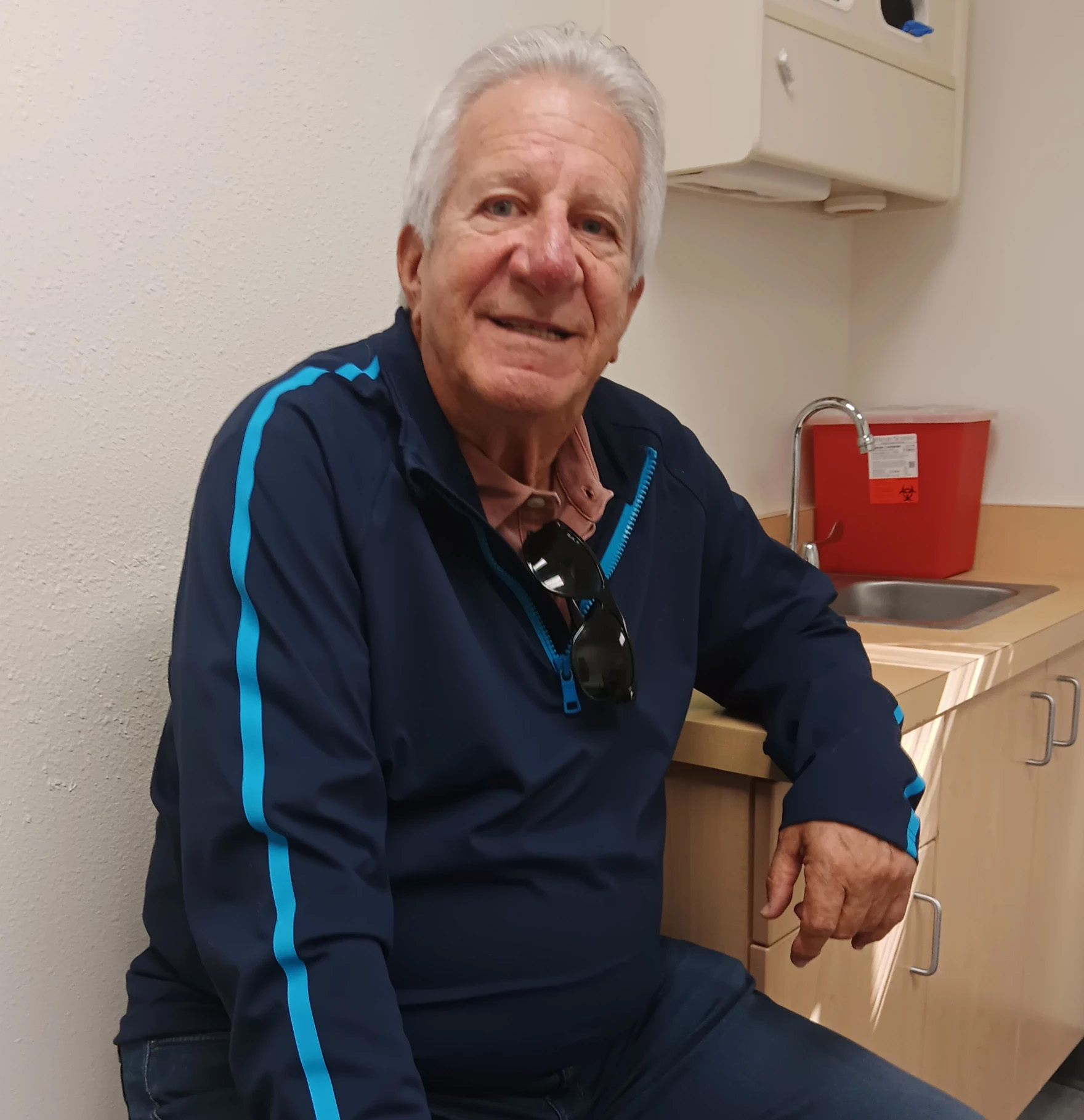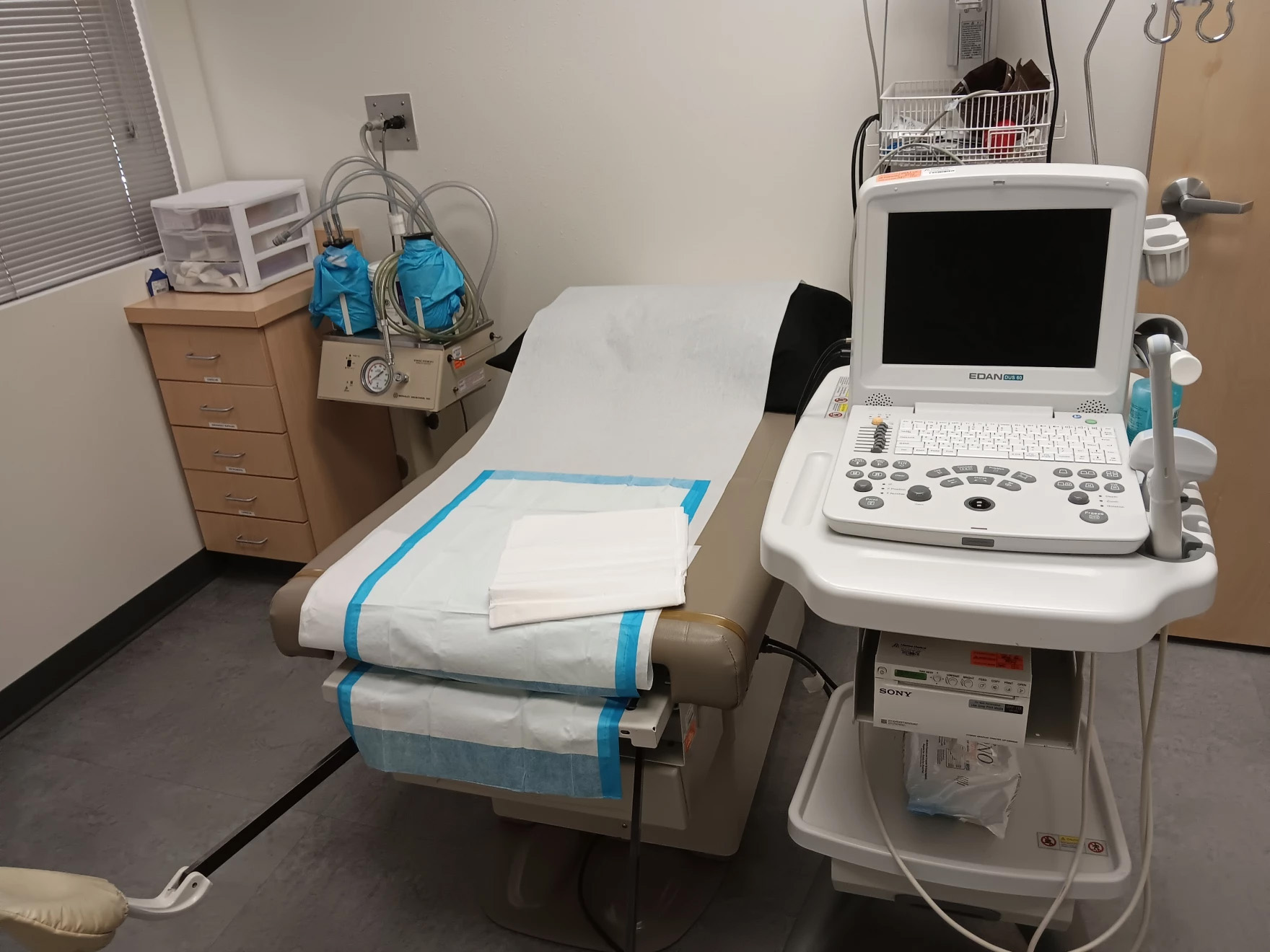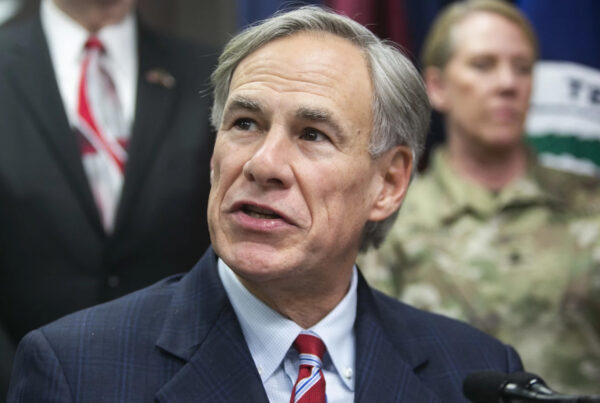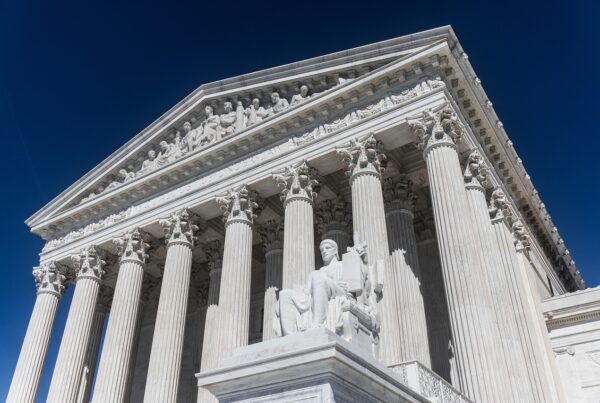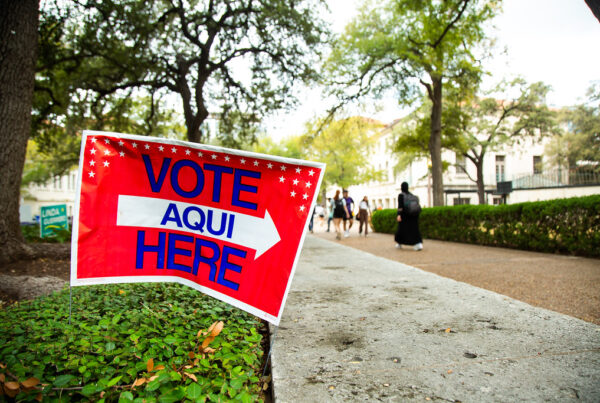From Texas Public Radio:
This report is part of the TPR series Planes, Trains and Automobiles: Evading the Texas Abortion Ban.
Editor’s Note: This story includes graphic details of abortions gone wrong.
Sitting in his Albuquerque, New Mexico office, Dr. Alan Braid remembers what things were like before Roe v. Wade when he was practicing medicine in San Antonio. He said things were bad.
“I remember distinctly a 16-year-old girl. She had someone had hacked her vagina with old rags and put a catheter in her uterus for her to abort, and she died of sepsis and organ failure,” Braid said.
The 78-year-old Braid said that the memories of treating other failed attempts at illegal abortions in 1972 still haunt him, and he doesn’t want to go back to that.
“We would see women who sought care either in Mexico or someone who would do that in San Antonio, and they died,” he said.
When SB8, the Texas fetal heartbeat law passed in 2021, Braid decided he wasn’t going to leave Texas. He was going to stay and fight it.


